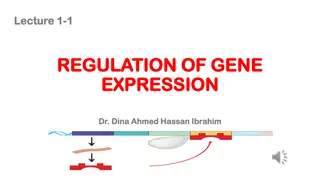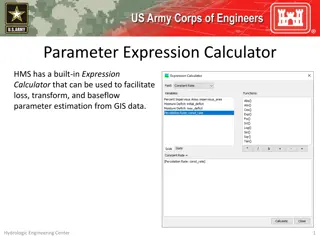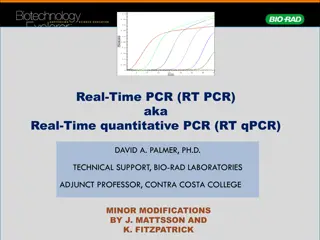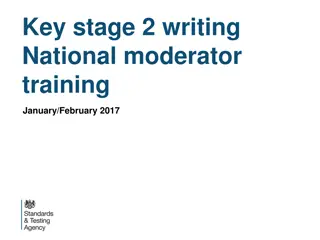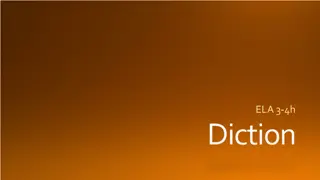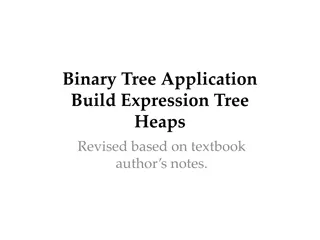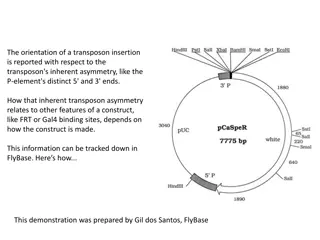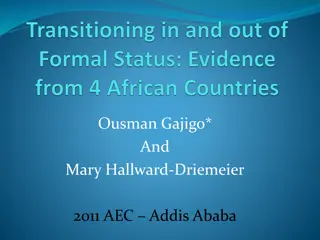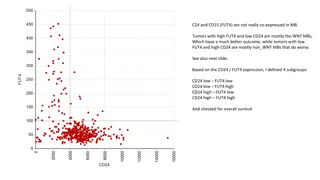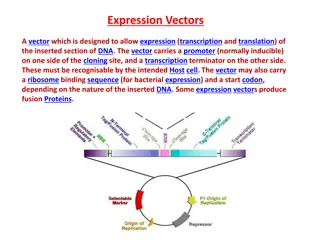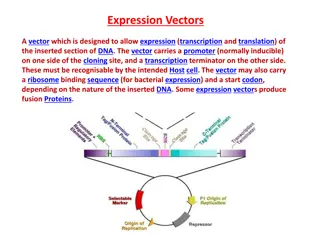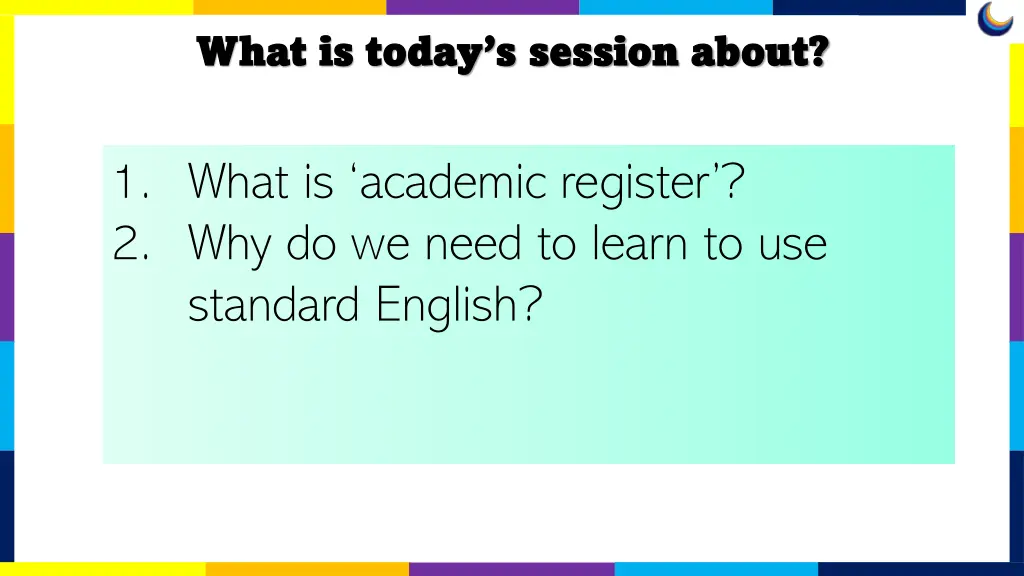
Effective Communication Skills: Academic Language Learning
Enhance your communication skills by learning about academic register, formal language usage, and the importance of standard English. Explore the power of oracy, non-verbal communication, persuasive language, debates, and effective speaking strategies in today's session.
Download Presentation

Please find below an Image/Link to download the presentation.
The content on the website is provided AS IS for your information and personal use only. It may not be sold, licensed, or shared on other websites without obtaining consent from the author. If you encounter any issues during the download, it is possible that the publisher has removed the file from their server.
You are allowed to download the files provided on this website for personal or commercial use, subject to the condition that they are used lawfully. All files are the property of their respective owners.
The content on the website is provided AS IS for your information and personal use only. It may not be sold, licensed, or shared on other websites without obtaining consent from the author.
E N D
Presentation Transcript
What is todays session about? What is today s session about? 1. What is academic register ? 2. Why do we need to learn to use standard English?
Time to Talk Steps to Success 3 2 LEARN ABOUT formality and academic register language 1 UNDERSTAND oracy and the power of talk LEARN ABOUT non-verbal communication Time to become an effective speaker and listener. 4 LEARN ABOUT persuasive language 5 debates/discussion LEARN ABOUT 6 Time to Talk rules ESTABLISH Preparing for LEARN HOW TO Time to Talk placemat 8 LEARN 7 how to choose the best arguments 9 IDENTIFY effective speaking strategies/ debate strategies 10 LEARN 11 SECURE how to plan for a debate. UNDERSTANDING OF SKILLS
Recap? What What do do you you remember remember about about formality? formality?
Academic register? The The term language language that 'feel 'feel . . term 'academic 'academic register' that is is 'academic register' is is used 'academic or or has used to to describe has the the academic academic describe The purpose of the next task is to show you that you need to make a conscious choice about the vocabulary you use. Some words have a more academic feel than others.
Academic register Can you match these formal/academic words with informal words Can you match these formal/academic words with informal words with the same meanings (synonyms)? with the same meanings (synonyms)? Formal Informal kid many now injustice chance sufficient enough opportunity sacrifice give up immediately not fair A lot children
Here is an informal phrase: Mr Patel scored a wicked goal against them losers down the road. This is not a This is not a very precise very precise description of description of who he has who he has played against played against. This is a harsh This is a harsh emotive word emotive word to use. You to use. You should use should use polite language. polite language. This is a slang This is a slang term for GOOD term for GOOD This should This should be THOSE be THOSE What makes it informal? What makes it informal?
Make it formal! Mr Patel scored a wicked goal against them losers down the road. Write it using standard English.
How inappropriate! Listen to the two audio clips on the next two slides. Identify which conversation is inappropriate and explain why?
In the school yard Audio Clip 1: Audio Clip 1:
In the classroom Audio Clip 2: Audio Clip 2: This is a clip of a group of pupils discussing the character of Mr Birling from the play An Inspector Calls . Do they use standard English or non-standard English? Provide examples.
What is non-standard English? Colloquial language Colloquial language is the way you all speak when in informal situations, with your friends or family. It includes words and phrases that are particular to your age group and the area where you live as well. This means colloquial language can include dialect words and slang. These non These non- -standard English words and forms are easily understood standard English words and forms are easily understood by certain groups of people, but might be unfamiliar to other groups. by certain groups of people, but might be unfamiliar to other groups.
We need to learn to switch between formal and informal language When we speak or write, we need to consider our audience and identify whether it is a formal situation or an informal situation and whether we should use standard English or non-standard English.
TASK INSTRUCTIONS On the next slide, there is a table. In the middle column there is a list of people that you could talk to/write to. Decide whether each example is a formal situation or an informal situation. Show your response by raising your hand for your chosen option.
Lets try this Formal Informal Ask yourself: do you know the person, or are they in a position of authority? Chatting with friends about a film formal situations, therefore require you to use standard English. These are all Chatting with friends about a film Asking your teacher a question Asking your teacher a question Read the situation, and decide whether it is formal or informal. Writing to your local member of parliament (MP) Writing to your local member of parliament (MP) Greeting the queen Greeting the queen
Imagine you are studying English in a foreign country Imagine you are studying English in a foreign country - - which type of English would you be learning? learning? which type of English would you be Option 2 Option 1 Standard English is the form of English that is taught around the world. Standard English Non-standard English. Option 4 Option 3 Colloquial language slang
Which of these people would you speak to in non Which of these people would you speak to in non- -standard English? standard English? You would normally Option 2 Option 1 speak to your best friend and your parent or carer in non-standard English. Your best friend Your headteacher Option 4 Option 3 Parent/carer dentist
Which of the following are common features of standard English? Which of the following are common features of standard English? Option 2 Option 1 formal words Standard grammar Option 4 Option 3 contractions slang
How would you say this sentence in polite, standard English? How would you say this sentence in polite, standard English? "Alright, how's it goin'?" Option 2 Option 1 "Hey, where are you going?" "Hi there! What's up?" Option 4 Option 3 Hiya, what s up? "Hello, how are you?"
True or false: When you speak English using slang, everyone will True or false: When you speak English using slang, everyone will understand you, no matter where you are. understand you, no matter where you are. Option 2 Option 1 True False Slang can be unique to certain locations or groups, so not everyone will understand it, even if they speak English.
Time to Talk Steps to Success 3 2 LEARN ABOUT formality and academic register language 1 UNDERSTAND oracy and the power of talk LEARN ABOUT non-verbal communication Time to become an effective speaker and listener. 4 LEARN ABOUT persuasive language 5 debates/discussion LEARN ABOUT 6 Time to Talk rules ESTABLISH Preparing for LEARN HOW TO Time to Talk placemat 8 LEARN 7 how to choose the best arguments 9 IDENTIFY effective speaking strategies/ debate strategies 10 LEARN 11 SECURE how to plan for a debate. UNDERSTANDING OF SKILLS

